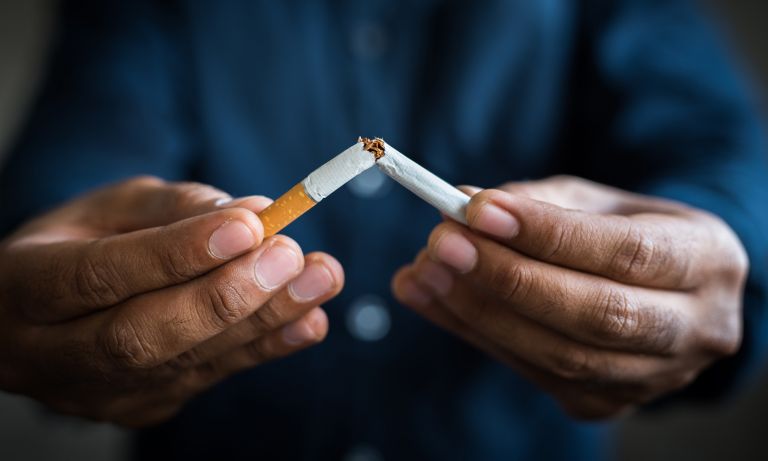
Nicotine withdrawal is one of the biggest fears for people who are trying to quit smoking. It is unpleasant and, people experience myriad symptoms on their path to freedom. As nicotine starts leaving the system, people experience both physical and psychological effects of the withdrawal. Here is everything you need to know about it.
What is nicotine withdrawal?

It is a normal emotional and physical reaction. It is a part of reducing or stopping your nicotine consumption. The symptoms can hit you after a day or even weeks after quitting. Its unpredictability is one of the things that makes it challenging.
The body is adjusted to a certain amount of nicotine consumption from tobacco, smoking, nicotine patches, etc. As a result, the body reacts unpleasantly in its absence. Nicotine is also a large contributor to emotional and stress management.
The major signs and symptoms

People can have some or all of the symptoms. It is yet another reason why nicotine withdrawal is unpleasant. It is a stimulant and acts as a coping mechanism.
But, if you prepare yourself and find alternative management techniques, it is easy to manage. Most major symptoms are nicotine craving, depression, irritability, anxiety, restlessness, difficulty in concentrating, insomnia, weight gain, increase in appetite, etc.
Coping and relief mechanisms

The silver lining to the dark cloud is that nicotine withdrawal is manageable. You can reduce your nicotine craving and addiction by learning to manage them without medication.
Physical activities like exercising can aid in boosting your mental morale and substitute addiction. Likewise, eating healthy and in quantity can keep your appetite and body healthy.
To avoid relapse, learn to manage your cravings five minutes at a time. Relax, and take it slow. Then, try to avoid triggers by managing your anger and irritability. You can relieve your stress and frustration by meditating or releasing anxiety. Lastly, find distractions that are constrictive to your future goals. Replace your ‘single puff’ with another activity to avoid relapsing.
Goals for the long term

Visit a doctor and dietician to ensure that you are taking the correct steps without compromising your health and safety. Ensure that you are using nicotine patches as per prescription and take up maladaptive patterns with healthy ones.
You might also want to look into Behavioural treatments like cognitive behavioral therapy (CBT) to benefit. It will help you identify underlying thoughts and combat cravings.
Coping with nicotine withdrawal is one of the most complicated stages of quitting smoking. But, it is manageable and the right step for a better and healthy life.





